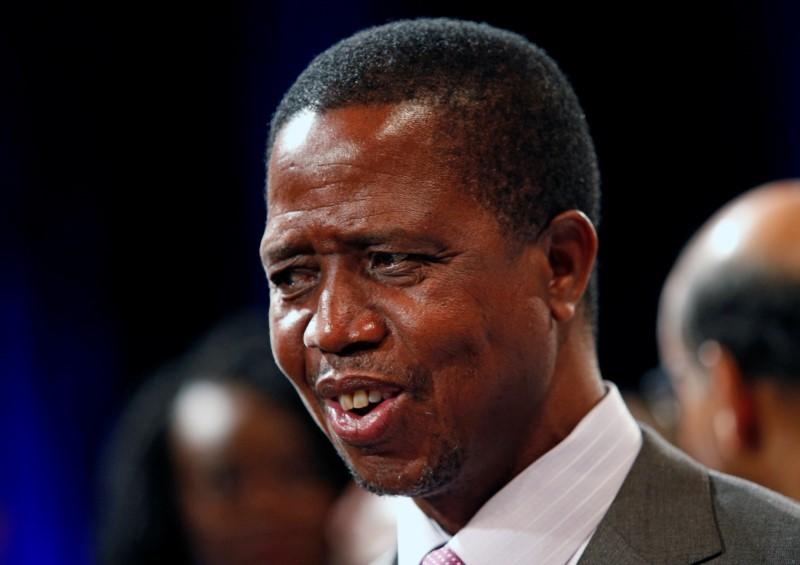
World Population Day: What you need to know

World Population Day is celebrated around the world to spread awareness of population growth. This year’s theme is centred around the importance of family planning.
The observance places a special focus on developing regions, where it is estimated that around 214 million women lack effective family planning, for reasons ranging from lack of information or services, to lack of support from their partners or communities.
Currently, the world’s population stands at over seven billion – and according to U.N. reports, it is growing at a pace of almost 83 million people every year.
Hitting Five Billion
In an estimate by the U.N., it is on this day in July 1987 that the world’s population reached five billion.
Two years later, the first World Population Day was established by the United Nations Development Programme, to bring awareness to the rising number.

The United Nations recognises rapid population growth as a serious problem – one on par with climate change, citing that by the end of the century, the world’s population may be as high as 17 billion – a fact that experts say is physically unsustainable.
To understand how rapidly the world’s population is increasing, you have to look at how the world has been shaped in history. In 1000 AD, there were only 400 million people, and it wasn’t until 1804 that the world reached one billion. After 1804, the growth rate increased – adding two billion people in around 150 years.
Experts state that the rising population rate has continued to accelerate – the world’s population has increased approximately one billion in the last 12 years.
Mother Africa
International observers are looking to the continent of Africa, which they believe may see a wide-scale population growth crisis in the next few decades – as they project a twofold increase of the population of 1.3 billion to over 2.5 billion.
Three-fourths of this growth, they believe, will occur in 27 countries in sub-Saharan Africa, and Nigeria, the continent’s current most populous nation, will see its population grow from around 191 million to a staggering 411 million in 2050.

The concern lies with these African nations now having significantly larger numbers of people to feed, educate and employ.
As the population increases, so will the demand for land. There will be a high demand for food, which will be forced from fewer land and water resources. Overpopulation places a huge strain on a country’s economy, environment and its ability to function peacefully.
Why is the population growing?
Many suggest that the advances in science and medicine mean that societies are better able to save and prolong lives.
The death rate is now in decline. Whereas in ancient history the birth and death rate stood equal.

A lack of education in the concept of family planning is also listed as a cause of population growth, and “young marriages” are also seen as increasing the chances of people having more children – allowing greater time for the development of a family.
Experts say poverty, and the need for “more hands” to help in manual tasks for survival, is also a driving factor for people to produce more children.
They also state that unplanned pregnancies are an increasing problem, for both developed and developing countries around the world.
Attempting to Control a Rising Population
There is no easy solution to solving the global population crisis.
Currently, international organisations are looking to implement education systems that help the masses understand the effect of overpopulation, and on sex education. They are also looking to encourage open dialogue on abortion and voluntary sterilisation should be seen when talking about overpopulation.
Governments of various countries are also debating implementing various policies related to tax exemptions to curb overpopulation, lowering rates of income tax for those couples who have limited children – and even introducing higher taxation rates for those who have “excess children”.
Raising awareness of family planning is also seen as key to curb the population growth. Arranging comprehensive medical and social activities to help couples determine freely the number and spacing of their children and to select the means by which this may be achieved.
This is the concept that World Population Day, today, is headlining with – and around the world people are helping to spread that message.






